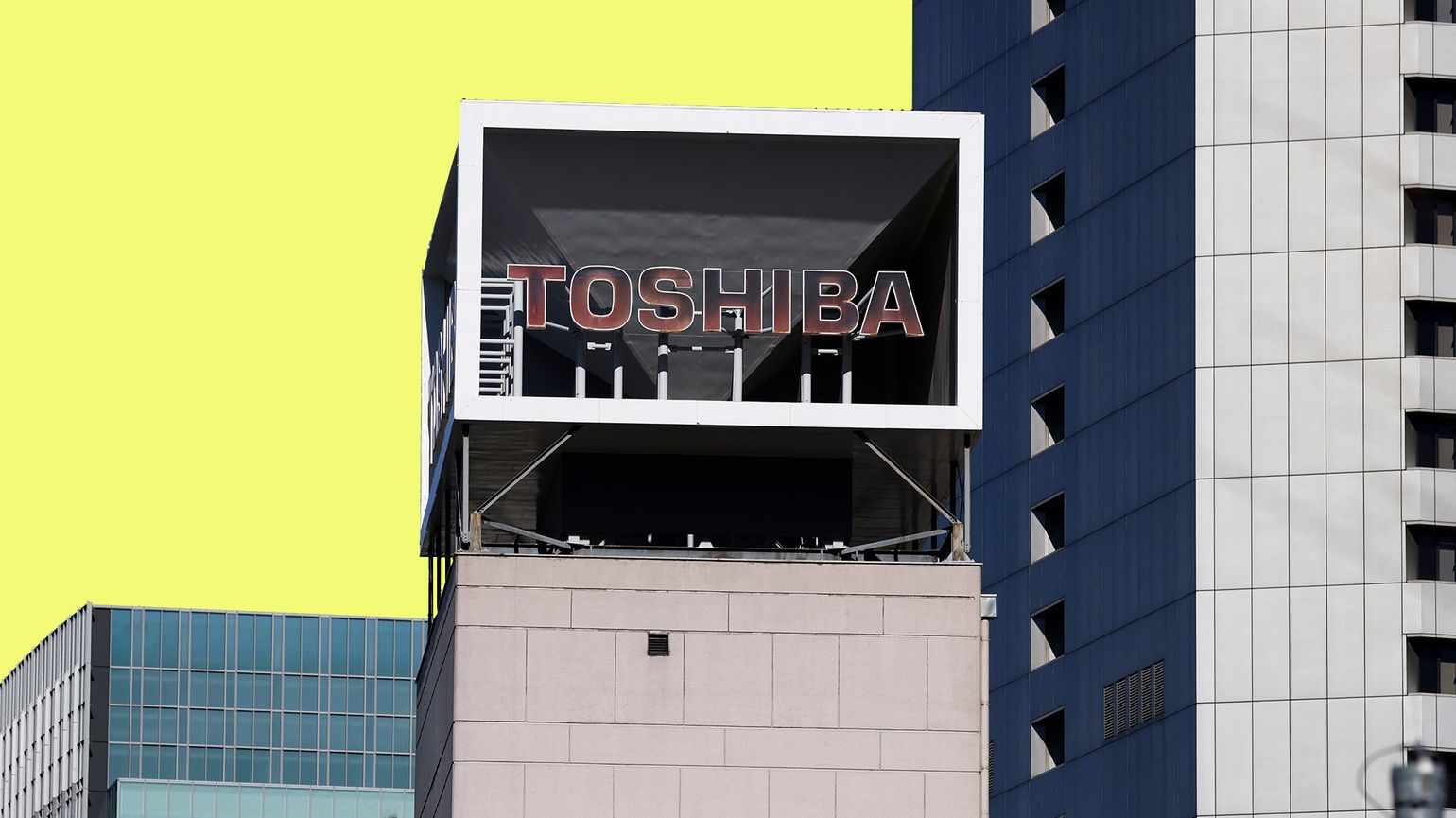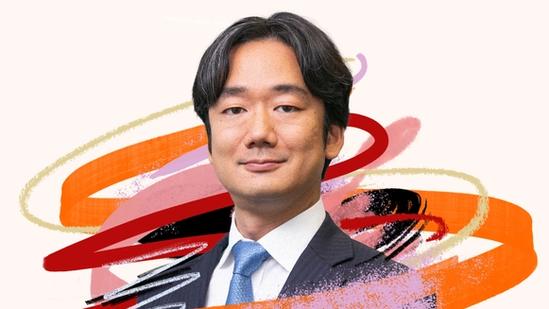Has Japan’s Private Equity Moment Finally Arrived?


In an economy that can be difficult for outsiders to penetrate, Japan’s private markets are finally waking up – but why now?
- 2023 was a record year for private equity in Japan, with deal value up 90% year-on-year, accounting for 30% of the whole across Asia Pacific
After a long wait for signature deals, the Japanese private equity market saw two arrive at once last year. In September 2023 came confirmation that Toshiba, one of Japan’s historic conglomerates, would be taken private in a $14bn buyout, the country’s largest ever private equity deal. Then in October, Kokusai Electric, a semiconductor company, went public in Japan’s largest IPO since 2018.
These deals helped to underscore how private equity is newly buoyant in Japan, a market where it has historically struggled to gain a foothold. They were part of a record year for Japanese private equity, in which deal value rose sharply, up 90% from 2022. Notably, Japan surged forward while other key markets in Asia Pacific retrenched: its share of deal value across the region was 30% last year, up from a mere 7% on average over the previous five years.
2023’s landmark deals were also symbols of shifting attitudes and mindsets. The take-private of Toshiba was a momentous and once-unthinkable transaction for a company that had been trading since 1875 and listed on the Tokyo Stock Exchange since 1949. While Kokusai’s journey in and out of private equity ownership showed how the asset class is still a relative novelty to many Japanese executives: “We had no idea exactly what private equity was about to begin with,” the company’s CEO, Fumiyuki Kanai, recently reflected.
Too good to ignore?
What explains the sudden upsurge in Japanese private equity, and why has it taken so long? In part it is a question of macroeconomics and geopolitics: Japan’s ultra-low base rate, which climbed out of negative territory for the first time in 17 years in March, combined with a currency that has weakened substantially against the dollar since 2020, has made it a market overseas capital feels it cannot ignore, especially for investors in Asia Pacific who are increasingly wary of China.
In parallel, Japan’s corporate governance, notoriously unfavorable to outsiders, has been subject to reform over the last decade. Codes concerning stewardship and corporate governance were introduced in 2014 and 2015 respectively and have been subject to revision since, designed to make companies more accountable to shareholders, increase the independence of boards, and unravel the complex cross-shareholding characteristic of many Japanese conglomerates. The upshot has been that fewer boards are now in the majority control of management, votes against directors have been creeping up, and the use of the poison pill defense to deter takeovers has declined.
For investors, it has meant a more favorable environment, bringing into view companies where there remains ample scope to unlock value. Compared to their European and American peers, listed Japanese firms lag badly on most measures of profitability and productivity: as of December 2023, their return on equity averaged 9.1% compared to 17.9% in the U.S. and 14.1% in Europe, while net profit margin was 5.9% in Japan against 10.6% in the U.S. and 8.4% in Europe. Japanese public companies were also notably less leveraged.
Compelled by the opportunity, private equity funds focused on Japan had a bumper year of fundraising in 2020, raising $11.19bn against a yearly average of $5.38bn from 2015-9. Last year, that was almost equaled when Japan funds raised an aggregate of $10.47bn.

Room for growth
While the Japanese market has seen considerable momentum in recent years, it is still building up from a low base. Private equity represented just 0.4% of Japan’s GDP on average between 2019-23, compared to 0.7% in Korea, 1.3% in the U.S. and 1.9% in the UK. And large exits remain vanishingly rare: there were only nine in Japan valued at over $1bn from 2010-23, compared to 464 in the US.
The Japanese market is still lagging, but there are reasons to believe it may begin catching up with its developed market peers. One is the changing dynamic of private equity deals, traditionally focused on assets carved out from the conglomerates – such as KKR’s purchase of a logistics business from Hitachi in what was Japan’s biggest mergers and acquisitions (M&A) transaction of 2022.
Now the emphasis is shifting, with a resurgence of management buyouts funded by private equity – the 26 such deals done in 2023, the largest of which was backed by EQT, making it the strongest year for Management buy-outs in Japan since 2010. In turn, the landmark Toshiba deal showed the opportunity for larger, standalone buyouts led by private equity.
As well as expanding into bigger ticket deals, there is scope for private equity in Japan to reach more profitable sectors. Analysis by McKinsey has shown Japan is materially underweight the exact verticals that have produced the most impressive returns for private equity investors since 2010, notably healthcare and technology, and media and telecommunications.
The growth opportunity is clear, and there is no shortage of supply or potential demand for deals. One potential catalyst is the emerging succession crisis in Japanese industry, with one analysis from 2022 suggesting that 52% of companies were led by someone over the age of 60. Among Japan’s family business sector, almost 2.5 million are believed to have managers over the age of 70 and to be lacking a succession plan.
An appetite for investment
Alongside companies in need of investors is capital that may soon be seeking an outlet. Households in Japan are estimated to be holding around half their assets in cash and deposits, while an estimated 70% of total wealth is currently held by people aged over 60. As wealth transfers between generations, the appetite for investments is expected to grow, with Morgan Stanley estimating that $1.4tn will be moved out of cash by 2030. Pension funds will also have a role to play in boosting the investor base for private equity, with close to a third saying they are planning to increase their allocation to alternative assets.
It all bodes well for the sector in Japan, which appears to be building a meaningful foundation for long-term growth. Private equity has had upcycles in Japan before, notably before the financial crisis, but this time its prospects appear more sustainable: bigger deals are being done, the regulatory environment has tilted towards shareholders, many companies need investment, and there is a greater understanding of how private equity works and the advantages of engaging with it.
With its large supply of complex, under-optimized businesses, Japan has long been seen as a market with significant value to unlock. Now, with some notable successes behind them, a favorable macroeconomic backdrop, and a newly supportive regulatory environment, today’s Japan-focused funds have the best chance yet to fulfill that promise.
ThinQ is the must-bookmark publication for the thinking investor.



